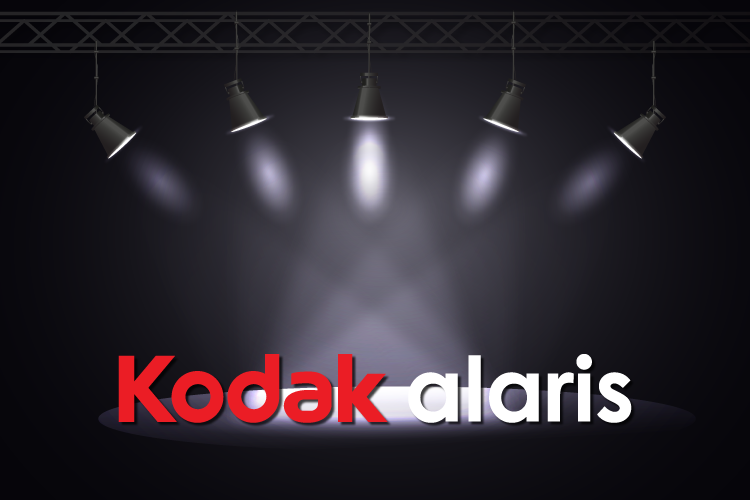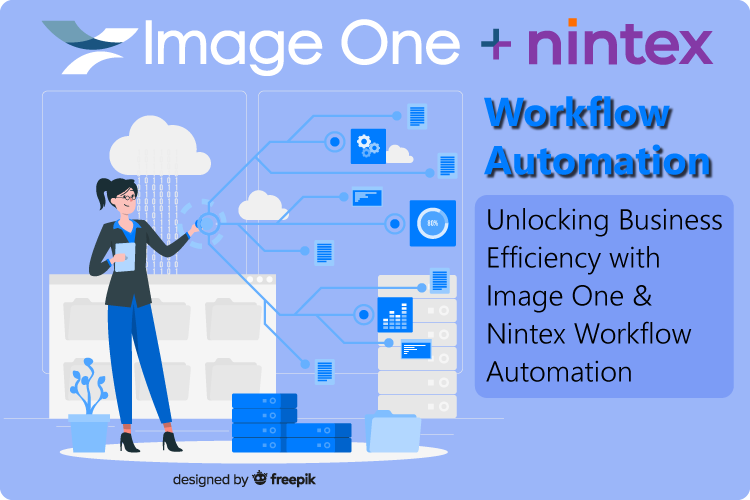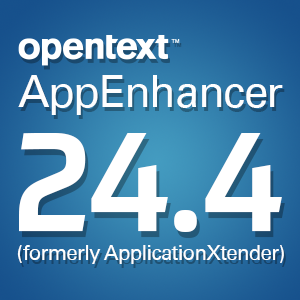For healthcare industry, going paperless means saving lives
Wednesday, February 27, 2013More and more, healthcare organizations are adopting electronic document management (EDM) software, as the resulting efficiency can help facilitate care. Having easy, timely access to electronic records enables providers to make quicker decisions, which can be life-saving in addressing critical conditions.
According to Med City News, the Fransiscan Physicians Hospital (FPH) in Munster is the last of the Fransiscan Alliance hospitals in Northern Indiana to implement an EDM solution. With the new system, network hospitals will provide each patient room with a computer so that physicians can view, create and update documents immediately. Additionally, doctors will have remote access to these records, which is important for placing orders and dealing with prescriptions.
Despite the fact that patients have the option of sticking to paper files, Marie Anaya-Santiago, regional director of health information management for the FPH, estimated that 99 percent of patient records are now handled electronically. After a patient signs a consent form, the records department uses document imaging software to scan paper files into the electronic system. Dr. David Ashbach, an internal medicine physician with a specialty in Nephrology, told Med City News that the transition to electronic medical records (EMRs) has minimized the risk for error.
"The old records were all handwritten and, for the most part, nobody could read anybody's handwriting," he explained to the source. "With the physician entering orders himself, there are far fewer mistakes."
Additionally, Ashbach told Med City News that EMRs allow him to observe his peers' notes on patient records, which enables him to stay on the same page with other doctors in the treatment process, even when he doesn't have the time to engage in care discussions with them.
Reduced labor drives timely treatment
Another organization that realized the positive impact from EMRs is the Tennessee Health Department (THD), which Modern Healthcare reported was able to better address a meningitis outbreak after electronic conversion. Entering large volumes of patient records into the database by hand proved too time-intensive for THD workers, and after switching to an electronic system, the department was able to more easily monitor patients' conditions. Epidemiologist Tim Jones explained that the transition to an EDM system was critical, because it was physically impossible for staff to go back and forth every day to hospitals with documentation.
"Once we were deep into the outbreak, that was a lifesaver in terms of dealing with the complexity of the information that we were trying to handle," he told the source.
Healthcare organizations can continue to realize improved decision-making advantages with EMRs, which enhance accessibility to and accuracy of patient information.
Brought to you by Image One Corporation providing complete information governance since 1994.




